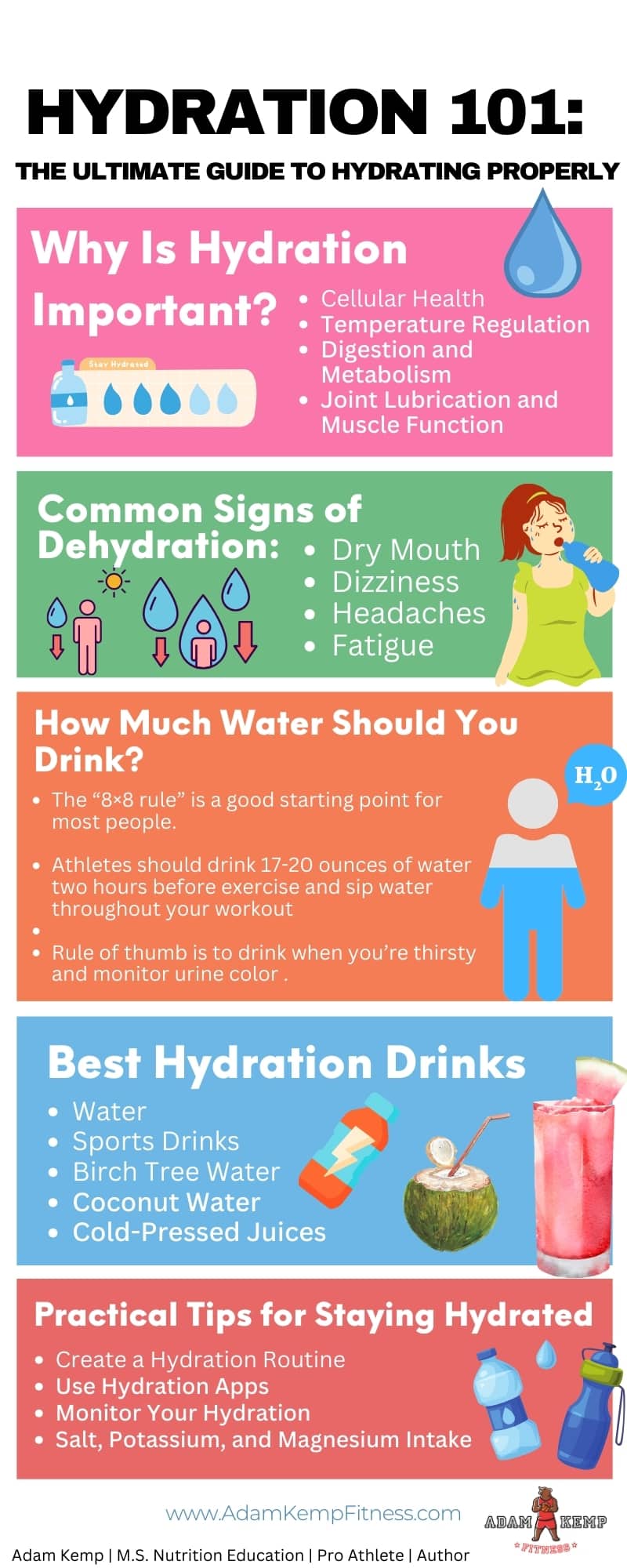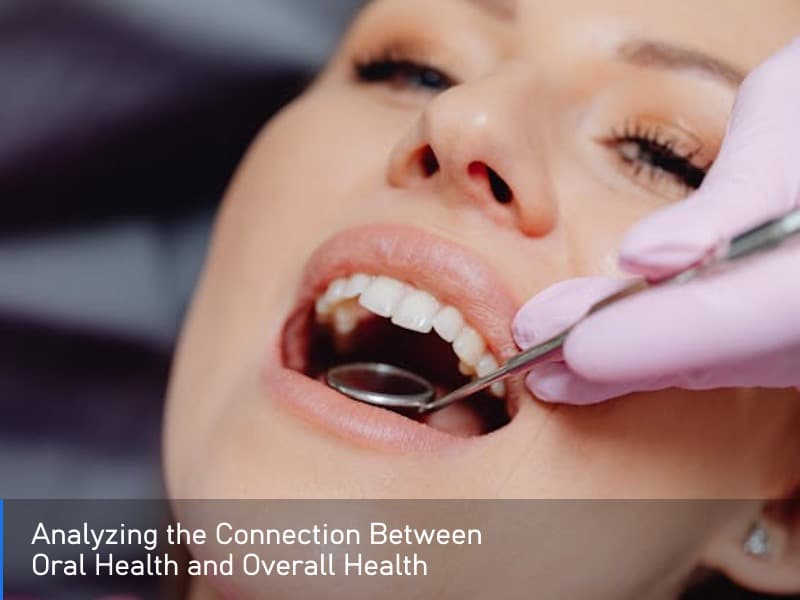The Connection Between Oral Health and Overall Health
Oral health is often overlooked despite its critical link to overall health and well-being.
Research continues to demonstrate that oral health is not an isolated aspect of human health but rather a key indicator of systemic conditions.
Issues such as gum disease, tooth decay, and oral infections are not merely localized concerns—they can serve as warning signs of broader health problems.
Understanding the important connection between oral health and overall health can empower individuals to take proactive measures to improve their health.
Why is Oral Health a Window to Overall Health?
Your mouth is often described as a “mirror” of your overall health.
Conditions such as gum disease, tooth decay, and oral infections do not exist in a vacuum.
Instead, they are interlinked with other parts of the body through a complex network of biological pathways.
Many systemic conditions—such as cardiovascular disease, diabetes, and respiratory issues—have been linked to poor oral health.
This relationship is largely driven by inflammation, a common underlying factor that connects many chronic diseases.
Oral Diseases and Systemic Inflammation

Inflammation is a double-edged sword.
While it is a necessary part of the body’s healing process, chronic inflammation can lead to tissue damage and contribute to the development of chronic diseases.
In the context of oral health, persistent gum inflammation (gingivitis) and more severe periodontitis create a constant source of inflammatory stress on the body.
When the gums are inflamed, the body releases inflammatory markers into the bloodstream, which can contribute to systemic conditions such as atherosclerosis (hardening of the arteries).
Research has consistently shown shown that individuals with advanced periodontal disease often have higher levels of systemic inflammation, which is a known risk factor for several serious health conditions.
This evidence underlines the importance of recognizing and treating oral infections promptly—not only to keep your teeth healthy but also to safeguard your overall health.
Cardiovascular Health
One of the most well-documented links between oral health and systemic well-being is the connection with cardiovascular disease (Hopkins et al., 2024).
Bacteria from periodontal infections can enter the bloodstream and attach to fatty deposits in the heart’s blood vessels, leading to the formation of clots.
These clots can impede blood flow, increasing the risk of heart attacks and strokes.
Additionally, the inflammatory response triggered by oral infections further contributes to the damage of blood vessel linings.
Maintaining good oral hygiene by regularly brushing, flossing, and visiting your dentist can reduce the risk of these complications.
For many, the state of their oral health can be a window into potential cardiovascular issues—an early warning sign that preventive action is needed.
Diabetes and Oral Health
Diabetes and gum disease share a bidirectional relationship.
Poor glycaemic control in diabetes can exacerbate periodontal disease, and severe gum disease can, in turn, make blood sugar regulation more difficult.
The chronic inflammation from periodontal infections interferes with insulin sensitivity, further complicating the management of diabetes.
For diabetic patients, keeping the mouth healthy is not a secondary concern—it is integral to managing the condition.
Managing diabetes requires careful dietary choices, and understanding the best and worst foods and drinks for your oral health can help prevent complications like gum disease, which can further impact blood sugar control.
Regular dental check-ups, a balanced diet, and strict adherence to oral hygiene practices are essential strategies in preventing the progression of both periodontal disease and diabetes-related complications.
Respiratory Health and the Oral Microbiome
The mouth is a gateway to the respiratory system, and bacteria from the oral cavity can be aspirated into the lungs, leading to infections such as pneumonia.
This is particularly concerning for individuals with chronic obstructive pulmonary disease (COPD) or other respiratory conditions.
The bacteria from dental plaque, if left unchecked, can colonise the lungs and exacerbate respiratory issues.
Moreover, the oral microbiome—the community of microorganisms residing in the mouth—plays a critical role in maintaining overall health.
A balanced oral microbiome prevents the overgrowth of pathogenic bacteria, thereby reducing the risk of infections (Rajasekaran et al., 2024).
Disturbances in this delicate balance can have far-reaching effects on respiratory health and overall immunity.
Pregnancy and Oral Health
Pregnancy is another period during which oral health takes centre stage.
Hormonal changes during pregnancy can make the gums more susceptible to inflammation and infection, a condition known as pregnancy gingivitis.
Research has linked periodontal disease with premature birth and low birth weight.
Although the exact mechanisms are still being studied, it is believed that the inflammatory mediators released during gum disease may affect the developing foetus.
Expectant mothers should be particularly vigilant about their oral hygiene. Regular dental visits, gentle brushing, and flossing are vital in preventing oral infections that could have serious implications for both mother and baby.
Practical Tips for Maintaining a Healthy Mouth
Given the profound connection between oral health and overall health, here are some practical tips to maintain good oral health:
Establish a Rigorous Oral Hygiene Routine

- Brushing: Brush at least twice a day using fluoride toothpaste. Make sure to clean every surface of your teeth, especially the areas where plaque tends to accumulate.
- Flossing: Floss daily to remove debris and plaque from between your teeth where brushes can’t reach.
- Mouthwash: Consider using an antibacterial mouthwash to reduce the oral bacterial load and help maintain a balanced microbiome.
Regular Dental Check-Ups
Routine dental appointments are essential.
Professional cleanings remove tartar buildup that regular brushing cannot, and early detection of issues like gum disease can prevent more severe problems from developing.
Nutrition and Hydration
A balanced diet rich in vitamins and minerals supports both oral and overall health.
Foods high in calcium and vitamin D, such as dairy products, leafy greens, and fortified cereals, help maintain strong teeth and bones.
Staying well-hydrated is also important; water helps cleanse the mouth and promotes saliva production, which naturally combats bacterial growth.

Lifestyle Modifications
Avoid tobacco products, quit smoking cigarettes, and limit alcohol consumption, as both can negatively impact gum health and contribute to systemic inflammation.
Additionally, managing stress through natural stress relief remedies like exercise, meditation, or other relaxation techniques can benefit your overall immune function and oral health.
Final Thoughts: How to Integrate Oral Health into Your Overall Wellbeing Strategy
Oral health is a critical yet often overlooked aspect of overall well-being. The connection between oral health and overall health is well-established, with research linking poor oral hygiene to conditions such as cardiovascular disease, diabetes, and respiratory infections.
Neglecting oral care can contribute to chronic inflammation and systemic complications, making it essential to prioritize dental hygiene as part of a broader health strategy.
A proactive approach to oral care involves more than just brushing and flossing—it requires regular dental check-ups, a nutrient-rich diet, and lifestyle choices that support a balanced oral microbiome.
Early detection of gum disease or oral infections can prevent more serious health complications, underscoring the need for routine professional care.
The connection between oral health and overall health also extends to immune function and disease prevention.
Healthy gums reduce systemic inflammation, support better blood sugar control, and lower the risk of pregnancy complications.
By maintaining strong oral hygiene habits and seeking regular dental evaluations, you are actively protecting not just your teeth but your entire body.
Your mouth is the gateway to your health. Investing in oral care today strengthens immunity, enhances longevity, and minimizes disease risk.
Simple, consistent habits—like thorough brushing, daily flossing, and a mindful diet—can yield lifelong benefits.
Prioritize oral health as a key component of your wellness routine, and experience its far-reaching impact on your overall well-being.



